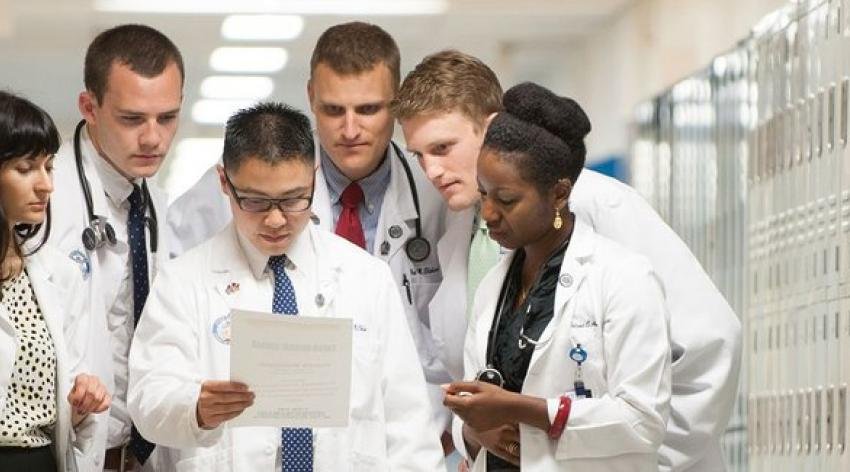All medical aspirants, who are looking for good medical schools to start their journey of becoming licensed doctors, would be familiar with the term clinical rotation.
In fact, medical studies are incomplete without clinical rotations, they actually set the stage for you to become a health professional.
Given how the importance of clinical rotations, students also gravitate towards medical schools that offer clinical rotations in reputable hospitals, helping. them to source This is also an essential requirement for getting excellent residency placements. So, what exactly do clinical rotations mean and why do they hold such great value for medical students?
What are clinical rotations?
Being a doctor is among the most popular career roles, but it also comes with enormous responsibilities. This means medical students have to train hard as they are responsible for the lives of others, and. clinical rotations are the steppingstone that prepares students for the practice of medicine in the real world.
It is during clinical rotations that medical students’ aspirants will work to prepare themselves under the guidance of experienced health practitioners. This will be the first time that they get to experience what it is like to work in a hospital. For example, the students will get to witness doctors diagnose and treat patients which is a big learning curve. for them. They not only will they learn about various diseases and their treatments, however, but they also get to see learn how doctors deal with patients and handle all the queries and questions addressed to them.
During the final phase of the medical program, students must take part in clinical rotations where they get to visit hospitals and clinics. It is during this phase that their practical learning begins, and they experience what the life of a doctor is all about.
Importance of clinical rotations
Here are some of the most essential objectives that clinical rotation fulfils, making them so important.
Help you move from an academic to a clinical setting.
For a medical student, making the transition from classroom learning to practical training is very important. Clinical rotation is the time when students shadow licensed practitioners and gain a practical understanding of how doctors work on various medical conditions.
The learning here mainly focuses on understanding diagnoses and the treatment of diseases and patient care, but it also looks at includes how you interact with hospital staff and patients along with becoming getting accustomed to the charged atmosphere within the hospital.
Help in residency position.
Another important part of the medical journey is getting a good residency position, which is the equivalent of like on-the-job training for doctors. However, to though to land your ideal residency position, you have to focus on clinical rotations.
Not only do you gain relevant knowledge and understanding of things during this time, but you should also think of it as an I also act as an informal interview. The physicians that you shadow during this time will be the ones writing recommendation letters for you and them. Additionally, they can also direct you toward good career opportunities that will help you go further in your profession professionally.
Clinical rotations are imperative for medical students who are planning to land a good residency and have made a flourishing career ahead. Keeping this in mind, students pick medical schools that offer clinical rotations in reputed hospitals in the US and Canada.

